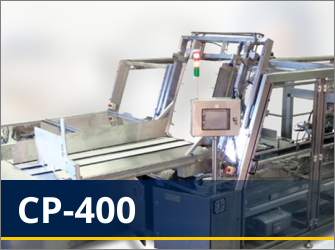Tips for choosing the right welder

In picking a welder for your shop, first, consider your amperage needs and the accessible power. While you may not require the most remarkable machine-accessible, remember that later on, you might run into welding projects that require more amperage or power, or you might need to weld aluminium.
Explain the specification sheet
Naming a specification sheet will help you understand some of the basic things that separate one decent welding machine from another. For example, a specification can help you measure the amount of continuous welding that can be done on a machine in ten minutes. The duty cycle is an illustration of the number of minutes you can weld in a typical minute time frame. Work cycle convincing can overheat the machine and damage its internal hardware.
If you are a DIY fan, you may need a decent welder. You can monitor different types of welding machines. Some are modest and some expensive. It is very wise for beginning welders to learn more about different types of welding Automatic Cartoning Machine . Here are some tips to help you adapt to the right equipment.
- Think about the type of metal
Typically, the welding position is terminated with carbon steel. Carbon steel can consume a lot of energy. In this way, it supports most welding machines that you can visually monitor.

Because hardened steel can withstand consumption, it’s a decent choice for the capacity of delicate or boring items. In addition, it also supports MIG and TIG motors. Besides, it doesn’t waste a lot of energy.
Aluminium requires predictable strength to ensure that the weld pool does not dry out. Also, how much intensity causes the piece to deform. This way, you want a confusing welder to deal with aluminium. This type of tool allows you to perform pulse welding.
Before choosing a machine, it is very unique to evaluate the metal you want to glue.
- Select the correct current
The price of hardware depends on how much energy it can supply. Now you want to work harder with thicker metals. So before you decide, think about your needs.
For example, if you want to face a line or steel 1 inch or thicker, you will want a bar welding machine. For metal cans, you want a softer machine. You want the perfect amount of intensity to be able to perform your duties.
- Choose the perfect place
The work environment is also an important variable to keep in mind when deciding on a welder. For example, local offices have a 115 or 220-volt power supply. This way, you may need to obtain a 115 or 220-volt welder. Some of the best welders require a three-phase power supply. You can remember this in these lines.
- Check the specification sheet
Be sure to read the data sheet. It will help you identify many important things to help you make the ideal decision. For example, if you look at a data sheet, you can find out how much the welder can do in a given time.
The duty cycle refers to the number of minutes the machine can take. Assuming you continue to work after the specified time, you may risk damaging the engine due to excessive heat. 5. Requirements for packaged gas
Finally, you also want to consider the type of compact gas. Common names are carbon dioxide, argon and oxygen. Depending on your requirements, you need to choose the right type of compact gas.
